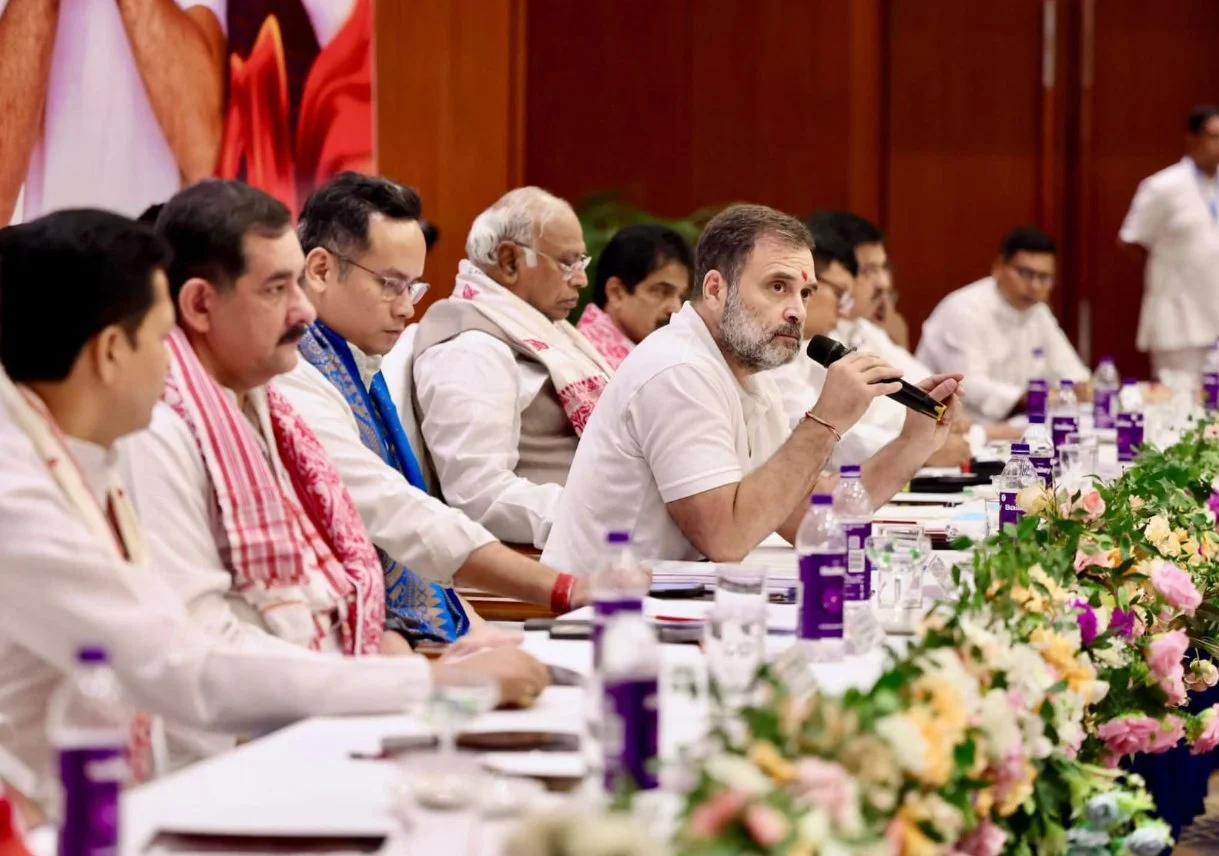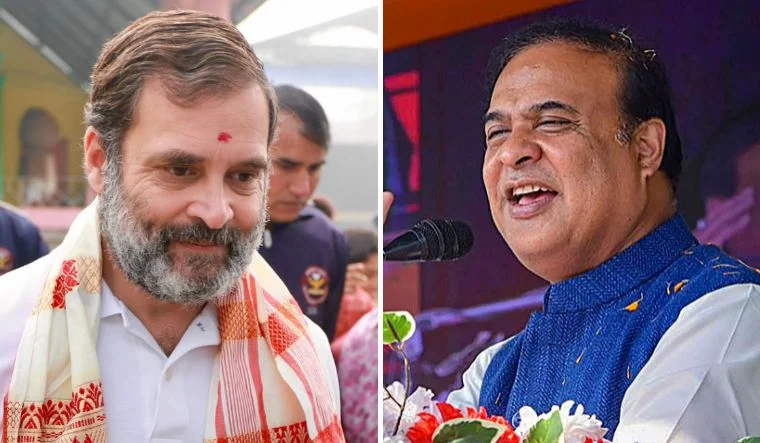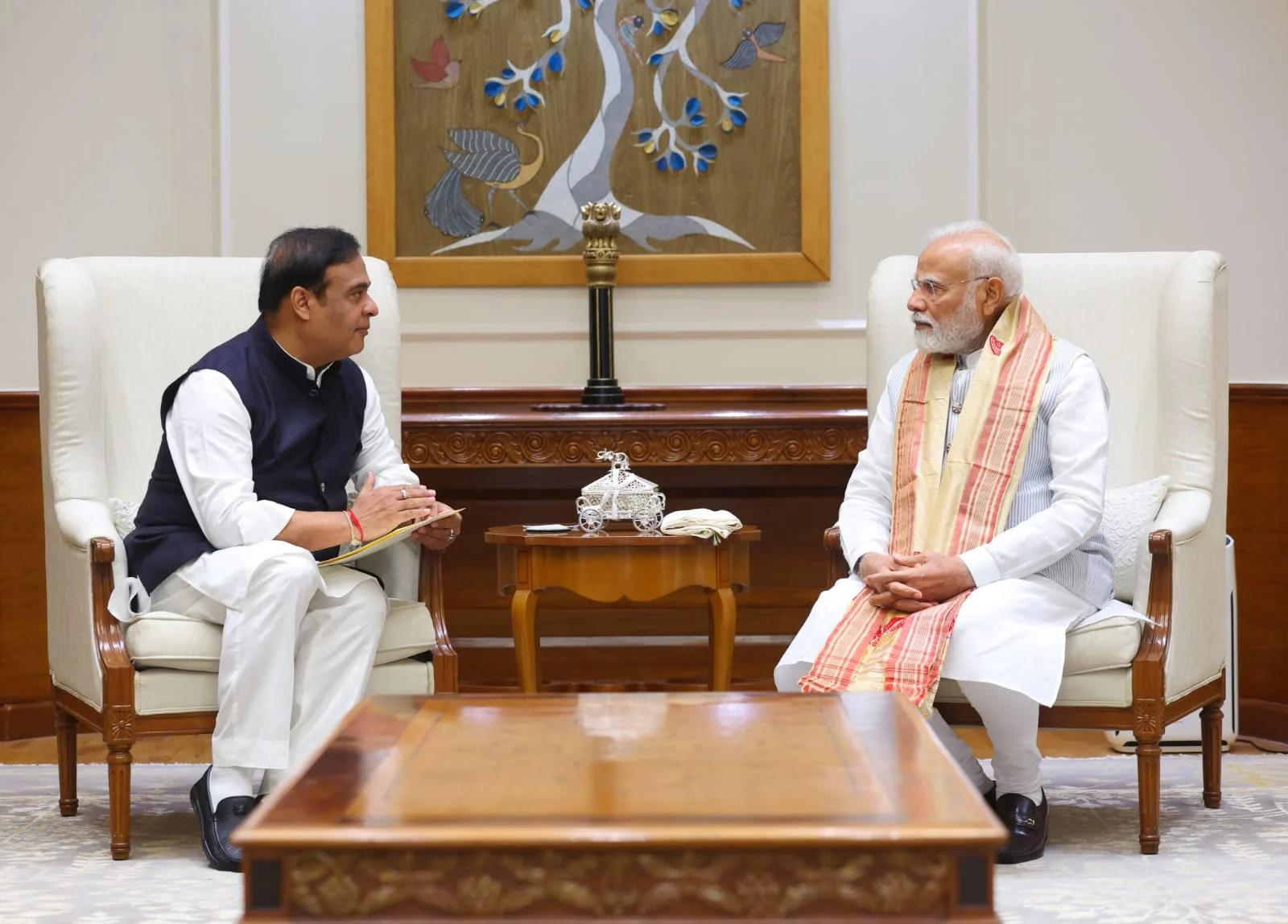In a significant address, Congress leader Rahul Gandhi has launched a scathing attack on Assam Chief Minister Himanta Biswa Sarma, accusing him of widespread corruption. Gandhi asserted that the people of Assam would hold the Chief Minister and his family accountable for alleged corrupt practices, signaling a potential shift in the current Assam political landscape. This direct confrontation highlights escalating tensions and sets a firm tone for the upcoming political contests in the state.
Allegations Against the Election Commission and BJP’s Influence on the Assam Political Landscape
Gandhi extended his criticism beyond the state leadership, claiming collusion between the Election Commission of India and the BJP. He cited the recent Maharashtra assembly polls as a prime example of alleged “cheating” through voter list revisions, warning that similar strategies might be deployed in Bihar and Assam. These allegations underscore a deeper concern about the integrity of electoral processes and their potential impact on the democratic fabric of the Assam political landscape. Such claims, if substantiated, could significantly alter public perception and voter trust.
Media Scrutiny and its Role in the Assam Political Landscape
The Congress leader also took aim at the media, accusing it of bias and a narrow focus on corporate giants and top government officials. He suggested that the media’s selective reporting might obscure critical issues faced by the common populace, thereby influencing the discourse around the Assam political landscape. Gandhi’s remarks call for greater journalistic impartiality and a broader coverage that truly reflects the diverse realities within the nation. This critique suggests a need for more comprehensive and unbiased reporting to accurately inform the electorate.
Congress’s Confidence in Reshaping the Assam Political Landscape
Despite these formidable challenges, Rahul Gandhi expressed strong confidence in the Congress party’s ability to emerge victorious in the forthcoming Assam assembly polls. He framed the impending elections as a pivotal battle between the “hatred and violence of the RSS” and the “truth and non-violence of the Congress.” This ideological distinction seeks to rally support by appealing to fundamental values, hoping to reshape the Assam political landscape in favor of a more inclusive and equitable governance. The commitment to truth and non-violence aims to draw a clear contrast with opposing ideologies.
Economic Disparity and Its Implications for the Assam Political Landscape
Furthermore, Gandhi brought attention to the burgeoning economic disparity across India, implicitly linking it to governance and policy choices. This broader economic critique serves as a backdrop to the specific accusations leveled against the state government, suggesting that corruption and biased policies exacerbate financial inequalities. Addressing these disparities will be crucial for any party seeking to gain public trust and effectively govern the future Assam political landscape. The focus on economic justice aims to resonate with a wide section of the population.
Conclusion: The recent statements by Rahul Gandhi have undeniably stirred the Assam political landscape, bringing issues of corruption, electoral integrity, media bias, and economic disparity to the forefront. As the assembly polls approach, these accusations and counter-accusations are set to define the electoral debate, with the Congress party positioning itself as the harbinger of change and accountability in the state. The coming months will be critical in determining how these allegations influence voter sentiment and ultimately reshape the governance of Assam.
Discover more from RastriyaSamachar24x7
Subscribe to get the latest posts sent to your email.




